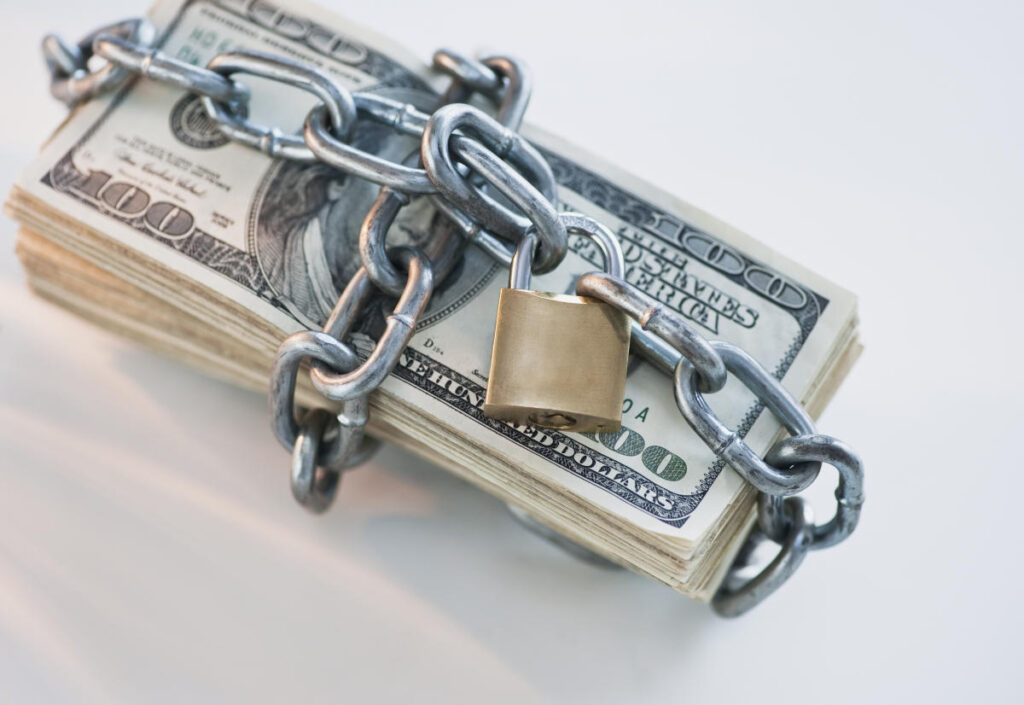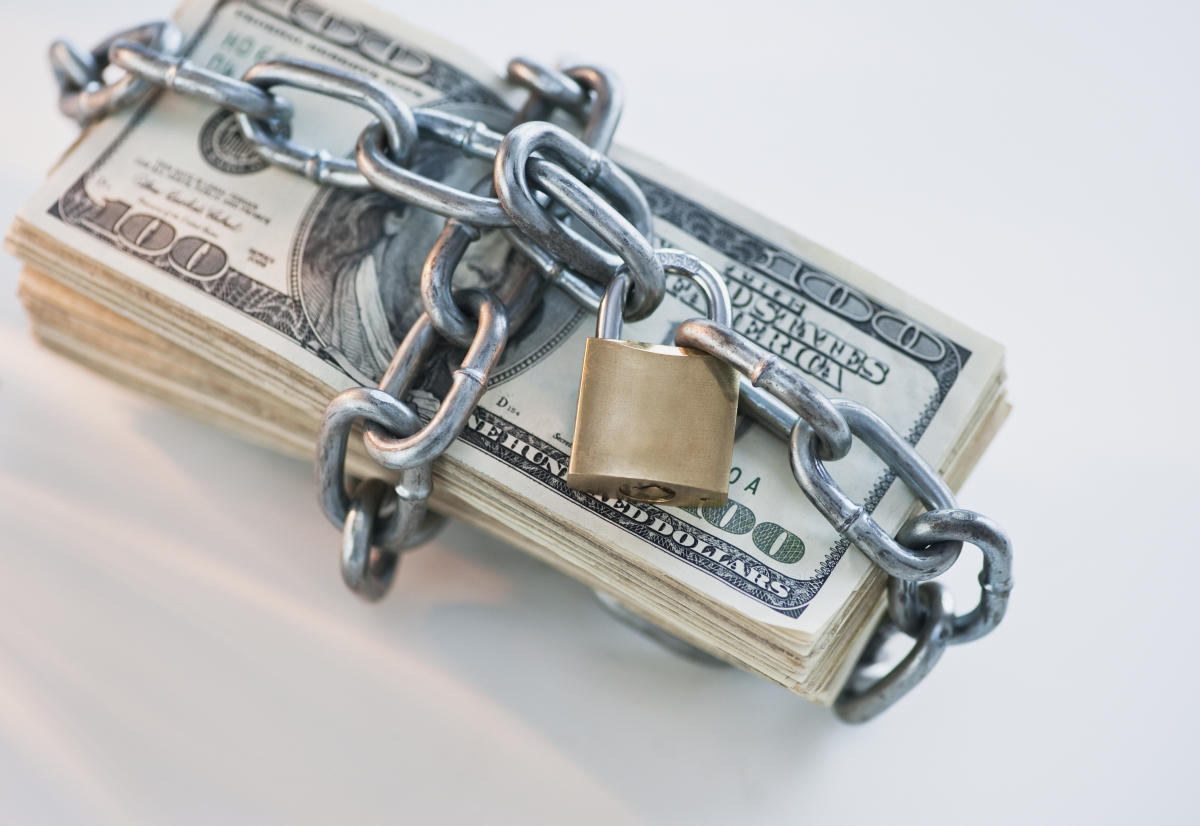Yes, banks can close your accounts without permission. Here’s what to if it happens to you.


Bank accounts may be closed without warning for various reasons. While having your bank account closed can be frustrating, it is avoidable — and it’s not the end of the world if it does happen.
Keep reading to learn why your bank account could be closed, what to do if it is, and how to avoid this problem in the future.
Can your bank close your account?
The short answer is yes. Banks can legally close your account for any reason and without notice.
One of the most common reasons is due to a lack of activity. For instance, if your bank account has no activity for three to five years, it may be deemed abandoned or unclaimed. At this point, the bank may decide to close the account.
Another reason a bank might close your account is if there are too many bounced checks or overdrafts. These can be costly for banks, and they may decide closing your account is the best course of action. Account closure is especially likely if this happens frequently or if your account is overdrawn for an extended period.
Read more: What is overdraft protection, and how does it work?
Your account could also be closed due to suspicious activity or fraud. For instance, if there are several large or unusual transactions on your account, banks may close the account to prevent fraud or money laundering.
What if the bank closed my account with money in it?
If your account is going to be closed, the bank will often provide written notice in advance, though this isn’t legally required. If the bank chooses to inform you, the notice will likely contain information like the reason for the closure and the effective date.
If you still have money in your account when the closure goes into effect, the bank will usually send it to you via check or a bank transfer to an account of your choosing.
Keep in mind that any automatic transactions you have linked to this bank account will be declined once the account is closed. This means you will need to update your auto-pay information so future payments don’t fall through.
What to do if your bank account is closed
There are a few things you can do if you find your bank account has been closed. First, look for a notice from your bank with a reason for the closure. If you’ve received one and are satisfied with the reasoning, you can move on. But if you want more information, contact the bank and ask for further details.
If you aren’t getting the information you need or think your account was wrongfully closed, you can file a written complaint with the Office of the Comptroller’s (OCC) Customer Assistance Group.
You may also need to open a new bank account if you don’t have a backup. Look for an account with low fees and requirements you can easily meet.
Read more:
How to avoid having your bank account closed
You can avoid having your account closed by meeting all of your bank’s requirements to keep your account open and in good standing.
For instance, you’ll want to maintain regular activity on your account with deposits, withdrawals, or bank transfers. As mentioned, it may be a few years before a bank closes your account, so setting up autopay for one or two monthly bills is more than enough to keep your account active.
You should also avoid overdrawing your account, even if you have overdraft protection, since consistent overdrafts can lead to having your account closed. Pay close attention to your balance and make sure you don’t try to withdraw more than what’s currently available.
Keeping your account in good standing is also crucial to preventing a closure. This means avoiding fraudulent or suspicious activity. If someone gains unauthorized access to your account and uses it for illicit activity, that could lead to a closure. So carefully monitor your bank statements and report anything unusual right away.
You should also ensure you meet all other account requirements, such as maintaining a minimum balance or paying a monthly maintenance fee. These requirements should be outlined in the account disclosures provided when you opened the account.
Frequently asked questions
Can my bank close my account without my permission?
Yes, a bank can close your account for any reason without notice. However, you can avoid account closures by maintaining regular activity, avoiding suspicious activity, and meeting account requirements.
What can I do if my bank closes my account with money in it?
If your bank closes your account with money in it, you will most likely receive a check or deposit with the remaining balance. If you are unclear about the status of your remaining funds, contact the bank and ask them about it. If you are unable to get help, you can send a written complaint to the Office of the Comptroller’s (OCC) Customer Assistance Group.
Can I reopen a closed bank account?
It may be possible to reopen a closed bank account if you contact the bank directly and explain your situation. However, reopening your account may not be possible if there have been repeated problems, such as regular overdrafts. If you can’t get your account reopened, consider opening a new one with a local bank, credit union, or online financial institution.






